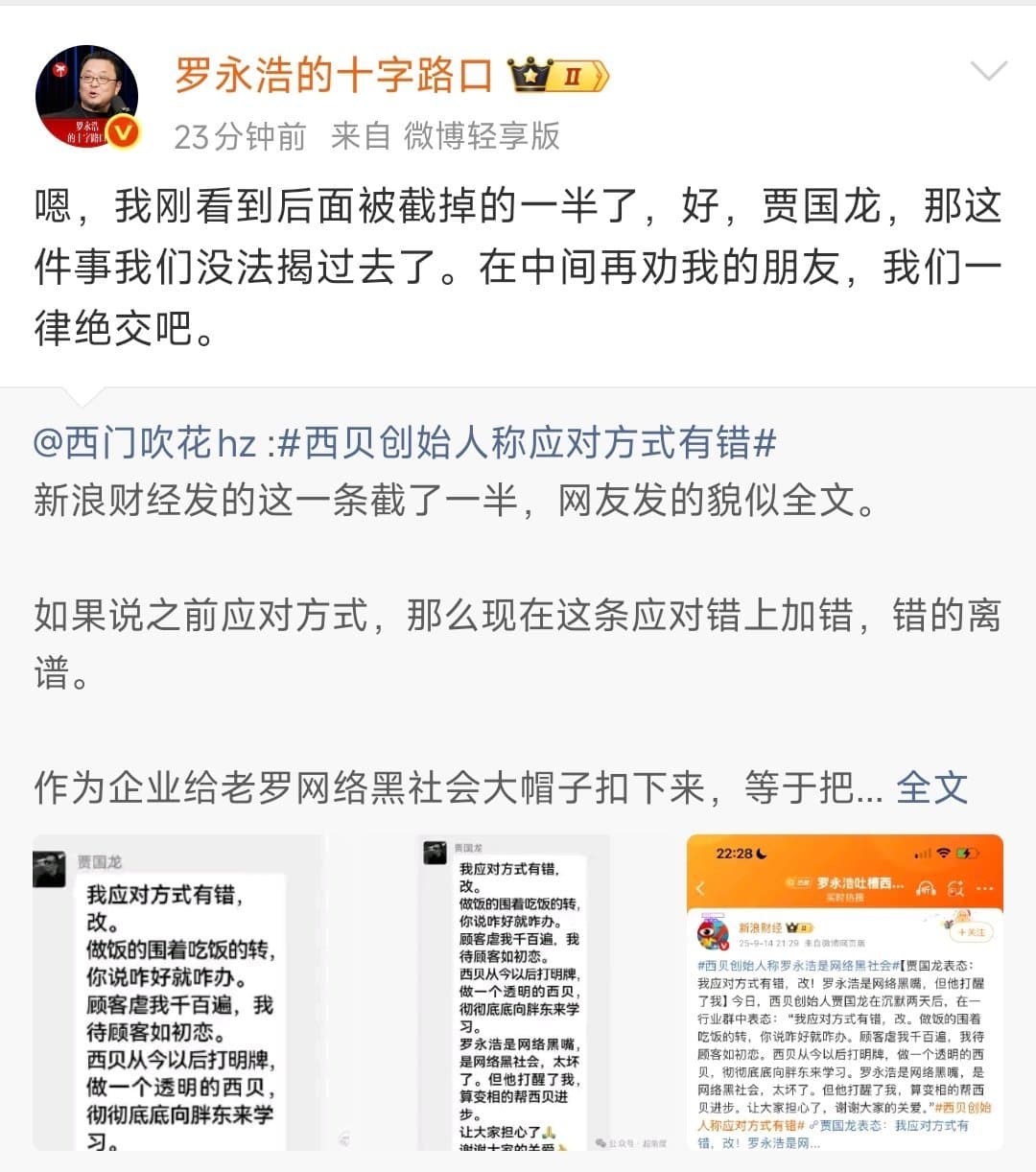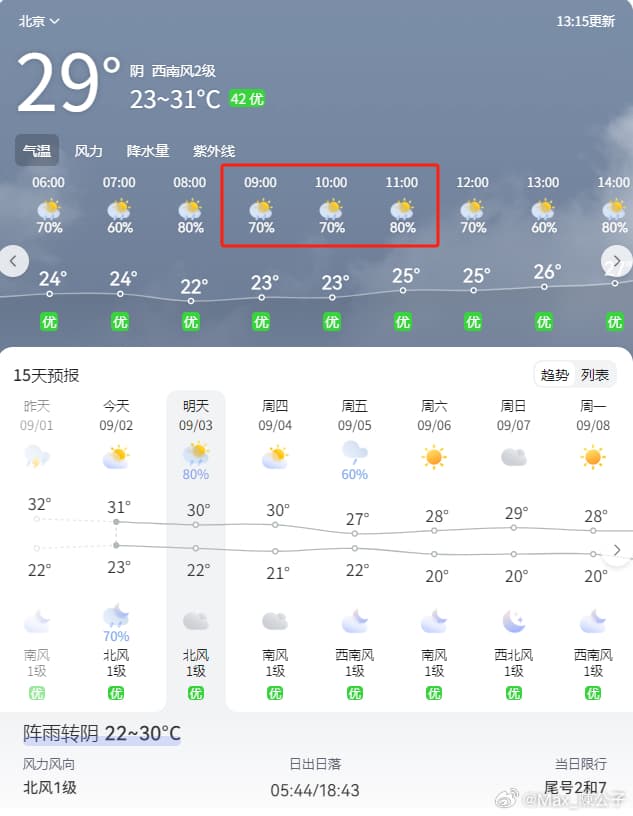China Braces for Worst Winter Storm of the Season
A powerful rain and snowstorm is expected to hit the mid-eastern regions of China, bringing the strongest and most widespread precipitation of the winter season so far. The storm, which is set to last for three days starting from November 17, will affect a large area, including Inner Mongolia and the northeastern provinces, where heavy snowfall and even blizzards are expected in some areas. The eastern part of Liaoning Province can expect heavy rain.

23 January 2025
According to Zhang Juan, a meteorologist from China's National Meteorological Center, this storm will bring complex weather conditions to the northeastern region, with a mix of rain and snow, and even freezing rain, which can cause roads to become icy and slippery. The strong wind and low temperatures will exacerbate the situation, making it difficult for people to travel.
The storm is expected to have a significant impact on transportation, with several highways, including the Suiman, Hatong, and Hedong highways, likely to be affected by the heavy snowfall. Air travel may also be disrupted, with flights at Harbin Airport and Changchun Airport potentially being delayed or canceled.

A powerful rain and snow storm is expected to hit the eastern and central parts of China from November 17 to 19, with the widest range and strongest intensity so far this winter. The following regions can expect significant snowfall and rain: Inner Mongolia and northeast China, with moderate to heavy snow or sleet, and isolated areas experiencing blizzards or heavy blizzards, and Liaoning, where isolated areas may experience heavy rain.
The China Meteorological Administration has released a detailed timeline for the rain and snow process, which includes snowfall and rain hitting the eastern and central parts of China from November 17-19, with the strongest intensity in Inner Mongolia and northeast China, and the storm moving eastward from November 19-20, affecting the eastern coastal regions, with possible heavy rain and snow in some areas.
The meteorological agency warns that the strong warm and humid air flow will lead to complex precipitation patterns, and the cold air will cause road icing and even "black ice" in some areas. The agency also warns of strong winds, with gusts reaching 6-7 levels, which may cause significant disruptions to transportation.
In terms of specific transportation disruptions, the following highways are expected to be affected: Suiman Highway, Hatong Highway, Heida Highway, Jingha Highway, Hounan Highway, and Daguang Highway. Airport flights may also be delayed or canceled, particularly at Harbin Airport on November 19-20 and Changchun Airport on November 19.
Residents are advised to check the latest weather forecast and traffic updates before traveling and to take necessary precautions to ensure safety. The expected weather conditions for each region are as follows: Inner Mongolia and northeast China can expect moderate to heavy snow or sleet from November 17-19, Liaoning can expect isolated heavy rain from November 17-19, and the eastern coastal regions can expect possible heavy rain and snow from November 19-20.
As the strongest rain and snowstorm of the winter hits the country, the sudden drop in temperature poses a significant threat to cardiovascular health. According to experts, when cold air stimulates the body, blood vessels constrict, which can be particularly problematic for individuals with pre-existing conditions such as high blood pressure, atherosclerosis, and coronary heart disease. The narrowing of blood vessels can lead to restricted blood flow, exacerbating the risk of cardiovascular complications.
To mitigate this risk, it is essential to take proactive measures to protect blood vessel health. Apart from dressing warmly and taking preventive measures, engaging in moderate physical activity can help to "massage" the blood vessels, promoting blood flow and reducing the risk of obstruction. Experts recommend a set of exercises, dubbed "10 actions to keep blood vessels warm," which can be incorporated into daily routines to help maintain healthy blood flow and reduce the risk of cardiovascular problems.
A powerful snowstorm, deemed the strongest of the winter season, is expected to hit China's northeastern region, prompting the issuance of an orange alert. The severe weather conditions, which will affect the provinces of Liaoning, Jilin, and Heilongjiang, are likely to cause significant disruptions to transportation in the region. According to China's Meteorological Administration, the snowstorm will bring heavy snowfall, freezing rain, and strong winds to the area, leading to hazardous road conditions and potential travel delays.

The administration has warned of the possibility of "dark ice" forming on roads, making them extremely slippery and increasing the risk of accidents. In light of the expected weather conditions, several major highways in the northeastern region, including the Suiman, Hada, and Hexia highways, may be affected, with possible closures or restrictions on traffic. Air travel is also likely to be impacted, with flights at Harbin and Changchun airports potentially facing delays or cancellations.
The orange alert, which is the second-highest level of warning, indicates that the weather conditions pose a significant threat to public safety and transportation. Residents and travelers in the affected areas are advised to exercise extreme caution and to stay informed about the latest weather updates and travel advisories. The severe weather conditions are expected to last for several days, with the worst of the storm expected to hit on November 19-20. The storm's impact on the Spring Festival travel season, which is set to begin soon, is still uncertain, but it is likely to cause disruptions to transportation and daily life.
Comments

Share this article
Related Articles

Xi Jinping Elevates Cybersecurity to Core National‑Security Pillar, Driving China’s Quest for a Cyber Superpower
By Trending on Weibo
News & Politics
15 Sept 2025

Luo Yonghao vs. Xibei: Celebrity Entrepreneur Sparks Media Storm Over Pre‑Made Dishes and Calls for Transparency
By Trending on Weibo
News & Politics
15 Sept 2025

Weibo Celebrates Autumn Harvest as China’s Fields Become the Nation’s Most Beautiful Canvas
By Trending on Weibo
News & Politics
15 Sept 2025
China Enacts First Comprehensive Rental Regulations to Legalize and Stabilize the Rental Market
By Trending on Weibo
News & Politics
15 Sept 2025

Beijing’s Weather Emerges as a Barometer for China’s Climate Policies and Public Life
By Trending on Weibo
News & Politics
13 Sept 2025

